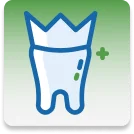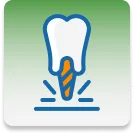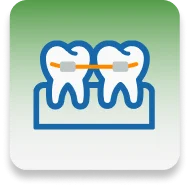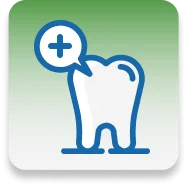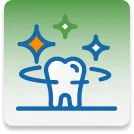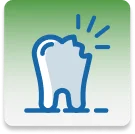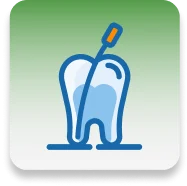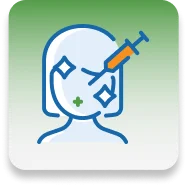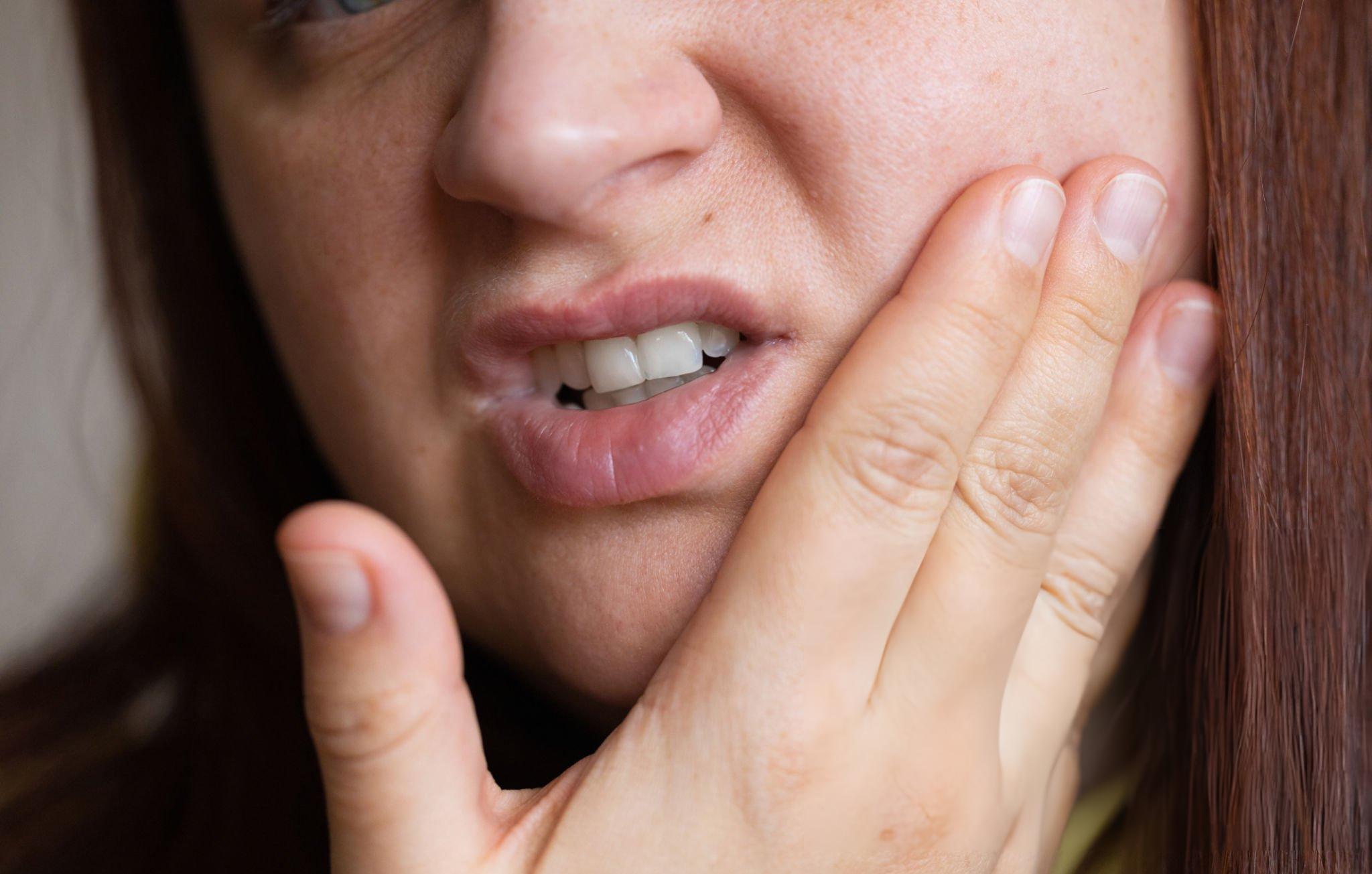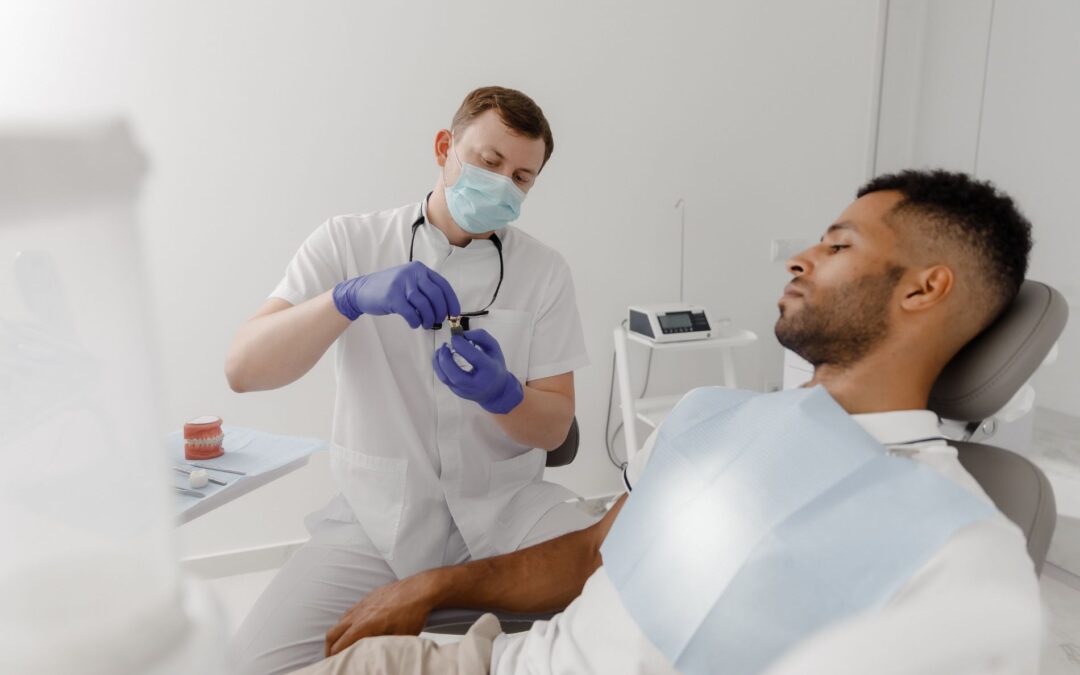Having your wisdom teeth removed is a common dental procedure, one that many people undergo at some point. These third molars, located at the back of your mouth, often cause problems because they can emerge at odd angles, become impacted, or crowd neighboring teeth. Once they’re out, managing the swelling that follows is crucial for a smooth recovery. Understanding how to minimize discomfort will allow you to get back to your daily routine faster.
Even though it might be a routine procedure, the recovery from wisdom teeth extraction can be uncomfortable. Swelling is a natural part of the healing process, but there are practical steps you can take to reduce it and make your recovery more manageable. This guide will walk you through effective strategies to manage post-extraction swelling, ensuring you’re informed and prepared in the days following your procedure.
What to Expect After Wisdom Teeth Extraction
After having your wisdom teeth removed, the timeline for recovery can vary. Understanding the stages of healing can help you anticipate what’s normal and what might be a red flag. During the first 48 hours, swelling is usually at its peak. It’s the body’s natural response to healing, as more blood and fluids rush to the area to aid in recovery. Here’s what you might expect during the healing process:
– First 24 to 48 hours: Noticeable swelling and possible bruising. It can be more intense if multiple teeth were removed.
– 48 hours to one week: Swelling gradually decreases. You might start noticing improvements as the days go by.
– One week and beyond: Most swelling should have subsided. If swelling persists or worsens, it might be time to seek further dental advice.
Other symptoms that may accompany swelling include discomfort, mild bleeding, and difficulty opening your mouth fully. These are generally normal and part of the recovery journey. However, staying alert to your symptoms will help you decide if any need more attention. Remember, although these symptoms are common, managing them effectively will have you back on track sooner.
Immediate Aftercare Tips to Reduce Swelling
Taking immediate action after surgery can significantly affect how quickly you recover. Focusing on a few key practices can help you manage swelling right from the start:
1. Ice Packs: Apply ice to the affected area during the first 24 to 48 hours. Use it for 15-minute intervals to help reduce inflammation and numb any pain.
2. Head Elevation: Sleep with your head propped up on extra pillows. Keeping your head elevated helps decrease blood flow to the surgery site, reducing swelling.
3. Medication: Follow your dentist’s advice regarding prescribed pain medication or anti-inflammatories. Taking these as directed will help keep discomfort at bay and manage inflammation.
Being proactive with these initial measures can not only ease swelling but also set the stage for a more comfortable recovery journey overall. By following these practical tips, you’ll likely find the post-extraction period more bearable, allowing you to return to normal quickly.
Best Practices for the Following Days
Once you’ve tackled the immediate aftermath of your wisdom teeth extraction, the next few days involve a switch in strategies to keep recovery on track. As your swelling starts to go down, warm compresses can become your new best friend. After the first couple of days, you can replace the ice packs with a warm, damp cloth. Apply gentle heat to the affected area in 15- to 20-minute intervals. The warmth enhances blood flow, which may help reduce remaining swelling and ease discomfort.
Maintaining a clean mouth is super important during this period. It helps prevent infections that could otherwise delay your recovery. Focus on gentle brushing, especially near the surgical site. Your dentist might suggest rinsing with saltwater, which can soothe the area and keep it clean. Use about a teaspoon of salt in a small glass of warm water and swish it around your mouth a few times a day.
What you eat also contributes greatly to your healing. A diet that’s easy on your mouth can minimize discomfort and prevent irritation. Stick to soft foods like yogurt, applesauce, and mashed potatoes. Avoid anything crunchy, sticky, or spicy, as these can irritate the surgical site. Staying hydrated is important, too, but try to drink without using straws since the suction can dislodge blood clots that are essential for healing.
When to Contact Your Dentist
While most swelling and discomfort will naturally taper off as you heal, sometimes things can take a turn. Knowing when to reach out for professional help ensures you handle complications promptly. Watch for symptoms that don’t seem to resolve, like increasing pain, swelling, or a fever. If you notice pus or have difficulty swallowing or breathing, these might be signs of an infection.
Routine follow-up appointments with your dentist are key to addressing any issues early on. It’s your chance to voice any concerns and get reassurance about your recovery progress. Dentists can provide specific instructions based on your individual situation, which will be more effective than any generalized advice.
Keeping Comfort in Mind During Recovery
Wisdom teeth removal doesn’t have to be overly difficult when you know how to effectively manage swelling. Using strategies like applying compresses, maintaining oral hygiene, and watching your diet will help guide you through recovery. Every small effort contributes to a smoother process, making it a more comfortable experience overall.
Being patient is part of the journey. Give your body the time it needs to heal, and remember that discomfort does not last forever. By taking care of yourself now, you ensure that you’ll be back to your regular self in no time. Embracing these recovery tips will see you through to the other side faster and with less hassle.
To ensure a smooth recovery from your wisdom teeth removal, make sure you’re following these care tips. If you encounter any complications, don’t hesitate to reach out for professional advice. For those in Parma, Ohio, Jordan M. Job DDS offers assistance with dental emergencies, including concerns related to wisdom teeth. Taking care of your oral health is just a call away, so feel free to contact us for guidance and support.

